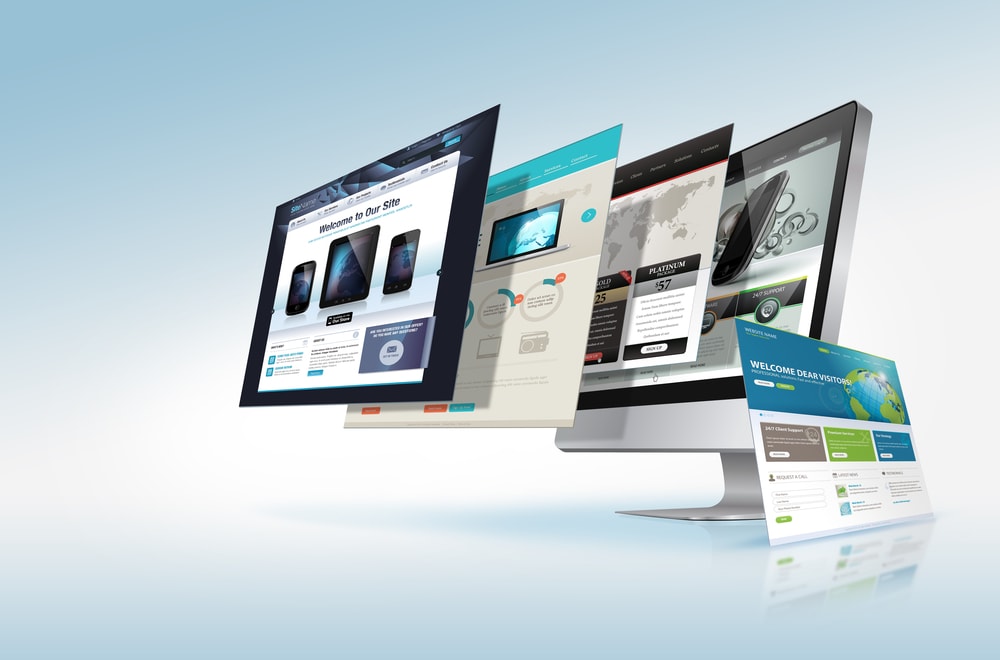Enterprise Resource Planning (ERP) software automates back-office operations to help manufacturing companies enhance planning and implementation. A well-executed ERP system leveragesa company’s ability to take full control of business process at different levels. ERP software can integrate core business areas like production, planning, scheduling, accounting and human resources. ERP simplifies manufacturing process for companies and help gain a competitive advantage.
Listed below are 8ways in which ERP can help companies simplify their manufacturing processes:
- Shop-Floor Communication: ERP software comes with a customizable dashboard that shows important information and helps schedule maintenance and quality inspection. Timely reminders and data syncing allows automatically scheduling new tasks and follow-up older ones. This makes it easier for the users to know what they are supposed to work on. Accurate data and faster communication will avoid confusion and reduce the turn-around time.
- Summarize Workday: Imagine what grace it would be to have all your daily task information consolidated onto a single screen. ERP software allows you to get rid of switching between multiple screens and windows and lets you complete multiple tasks through a single screen.
- Sales: Wouldn’t it be nice,if business came too you instead of you chasing it? ERP software withholds every detailed information about your product / service and also logs communication with prospects and clients. The more information you have handy, easier becomes the job of converting leads into customers. Also, because companies create a sense of trust and credibility, they are bound to get referred to new prospects by their existing clients.
- Documentation: Tracking down the transactions and figuring out the source and associating it with respective receipts and teams can get quite complicated and time-consuming. Cloud based ERP software keeps track of account payables and receivables, compliances and internal documentation through a unified dashboard that can be accessed from anywhere, anytime.
- Material Handling: ERP Applicationautomates inventory handling and processing. All the information associated with your shipments, inventories and moving vehicles to and fro can be accessed through a single screen. Automated scheduling helps you stay updated on item stocks and shortages.
- Continuous Assessment Plan: It is easier for teams to achieve targets and log in their progress when tasks are broken into smaller chunks. It is best to have a bird’s eye view when you want to manage business at optimum level. Once the management identifies areas of improvement, they can further concentrate on details. ERP software creates reports based on performance indicators to better analyze health of your business. Also, it streamlines manufacturing process through comprehensive documentation and automated workflows.
- Costing:How many manufacturing companies are actually aware of the detailed costing incurred in the process? A few cents here and there go unnoticed. These pennies combined together can sum up a considerable amount you don’t want to ignore. Raw materials account for 60% of your total cost and more the wastage, higher will be the impact on sales bottom-line. ERP software provides manufacturing companies detailed costing to help them make more informed decisions.

Enterprise Resource Planning (ERP) is a comprehensive suite of features to help multiple departments collaborate and streamline processes associated with a manufacturing company. The global trends suggest $47 billion of revenue for ERP market from 2017 to 2022.Top ERP products like Sage X3 helps streamline manufacturing processes by creating customized functionalities that match individual business requirements. However, it is important for organizations to evaluate their goals and process cycle before buying any ERP software to enhance operational performance.



